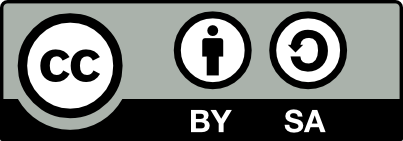Code-Switching im Kontext von Tertiärsprachenunterricht für deutschsprachige Rettungskräfte: Russisch in der Notfallkommunikation im deutsch-polnischen Grenzgebiet / Code-Switching in the Context of Third Language Acquisition for German Paramedics: Russian in Emergency Communication in the German-Polish Border Area)
DOI: 10.23817/lingtreff.19-11 (published online: 2021-06-17)
pp. 167–185
Keywords: Russian, medical emergency communication, third language acquisition, German-Polish communication
Neighbours’ languages, like Polish, are gradually playing a greater role not only in school education, but also in cross-border rescue services and emergency medical communication. There have only been a few studies on communication in emergency services in general, and no research concerning professional communication in Polish, so this research has an original value. It is a study on emergency medical communication in the InGRiP project. This article explores the question of code switching by German-speaking paramedics and doctors who learn Polish as a foreign language in the InGRiP project. The focus of the study is the foreign language didactic perspective. Polish is learned as a third language. Therefore, the question is investigated whether the foreign languages already learned have an influence on emergency medical communication. From a methodological point of view, a conversation analysis is carried out on the basis of recorded and transcribed language data. The results show that Russian in particular plays a role in communication in the form of non-functional code switching and in learning Polish as a resource. Russian is activated by the trigger words and code switching occurs, which can also have a positive effect, if this is managed correctly during the learning process. This resource should certainly be used more intensively, e.g., by reflectively including Russian in the lessons, in order to strengthen the learning of Polish.
